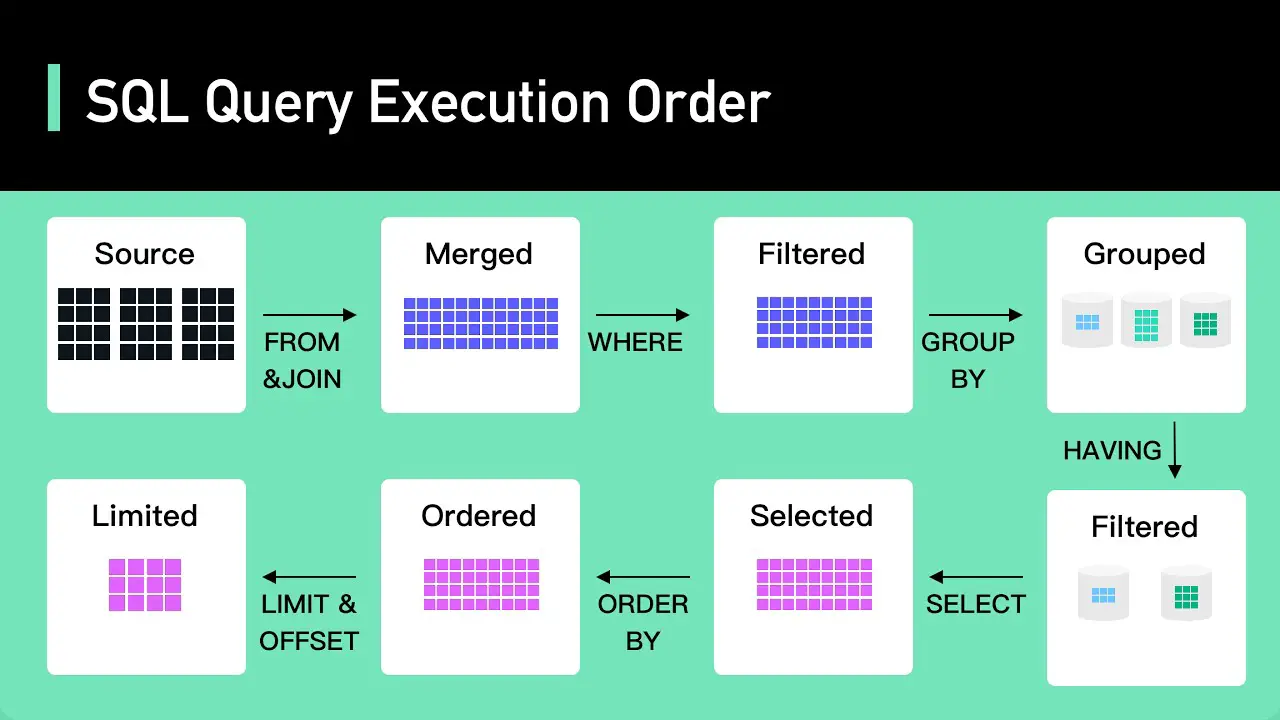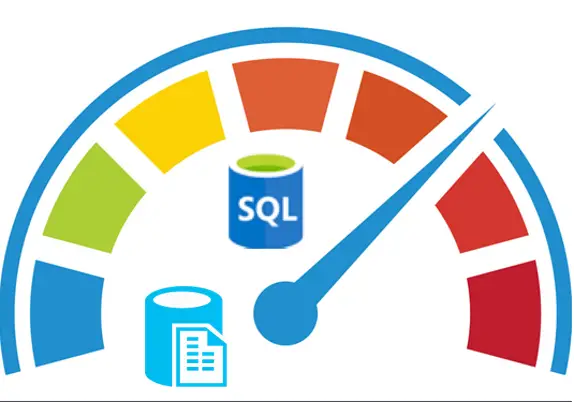Optimizing SQL Queries for Enhanced Database Performance

To optimize SQL queries and enhance database performance, consider the following techniques:

Indexing Data: Indexes create direct paths to data, reducing the time required to retrieve specific records. Identify frequently accessed columns and create appropriate indexes.

Using SELECTIVITY: Selectivity measures the fraction of rows returned by a query. The higher the selectivity, the fewer rows will be scanned, improving performance. Use indexes to increase selectivity.
Minimizing Subqueries: Subqueries can slow down queries. If possible, replace subqueries with JOINs or other methods that avoid nested queries.
Using Appropriate JOINS: Select the correct JOIN type (INNER JOIN, LEFT JOIN, RIGHT JOIN) based on the desired relationship between tables. Improper joins can lead to redundant data and poor performance.
Avoiding Full Table Scans: Full table scans are inefficient and should be avoided. Use WHERE clauses with appropriate filters to retrieve specific data.
Optimizing Sorting and Filtering: The ORDER BY and WHERE clauses can be expensive operations. Optimize sort orders and filters to reduce the number of rows processed.
Understanding Query Execution Plans: Query execution plans provide insights into how queries are executed. Analyze these plans to identify potential bottlenecks and optimization opportunities.
Monitoring Database Performance: Regularly monitor database performance metrics such as query execution time, table sizes, and index usage. This helps identify areas for improvement.
Caching Query Results: Caching frequently executed queries can improve performance by bypassing query execution and directly returning cached results.
Additional Tips:
- Use the EXPLAIN statement to analyze query execution plans.
- Optimize data types to reduce storage space and processing overhead.
- Consider partitioning tables to split them into smaller, more manageable chunks.
- Regularly vacuum and analyze tables to remove deleted data and update statistics.
- Upgrade to the latest database version for performance enhancements and security fixes.

How can I improve the performance of my SQL queries? I’m having trouble with slow response times.
Start by analyzing your queries. Identify any bottlenecks and optimize them using techniques such as indexing and query caching.
I’m not sure if optimizing SQL queries is worth the effort. I’ve tried it before and didn’t see much improvement.
Optimizing SQL queries is like trying to find a needle in a haystack. Good luck with that!
Sure, optimizing SQL queries is important. But it’s not like it’s going to magically make your database run 10x faster.
I once optimized a SQL query so well, it ran so fast it disappeared into thin air!
Optimizing SQL queries is a great way to improve the performance of your database. It’s not always easy, but it’s worth the effort.
Optimizing SQL queries is a waste of time. I’ve tried it and it never works.
There are many different techniques for optimizing SQL queries. Some of the most common include indexing, query caching, and using the correct data types.
I disagree with the author’s conclusion that optimizing SQL queries is always the best way to improve database performance. Sometimes, it’s more efficient to simply add more hardware.
Optimizing SQL queries is like playing a game of chess. You have to think several moves ahead and anticipate your opponent’s next move.
Sure, optimizing SQL queries is important. But it’s not like it’s going to make your database run any faster than a snail.
I once optimized a SQL query so well, it ran so fast it caused a time warp!
Optimizing SQL queries is a great way to improve the performance of your database. It’s not always easy, but it’s worth the effort. And it can make a big difference in the speed of your applications.